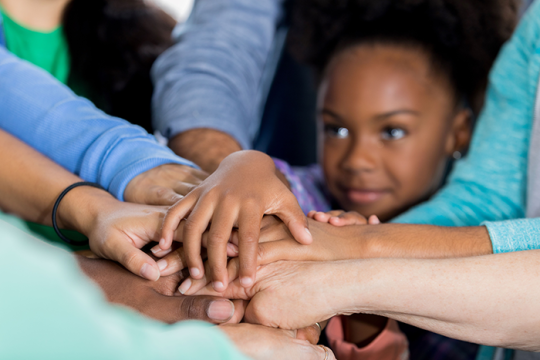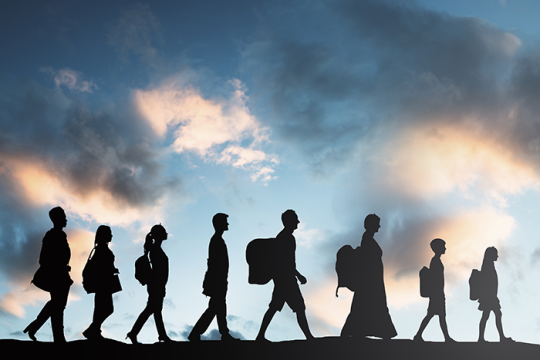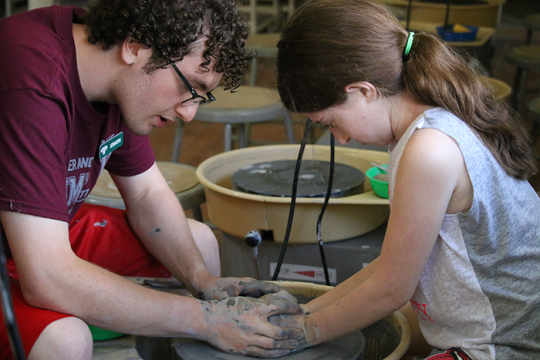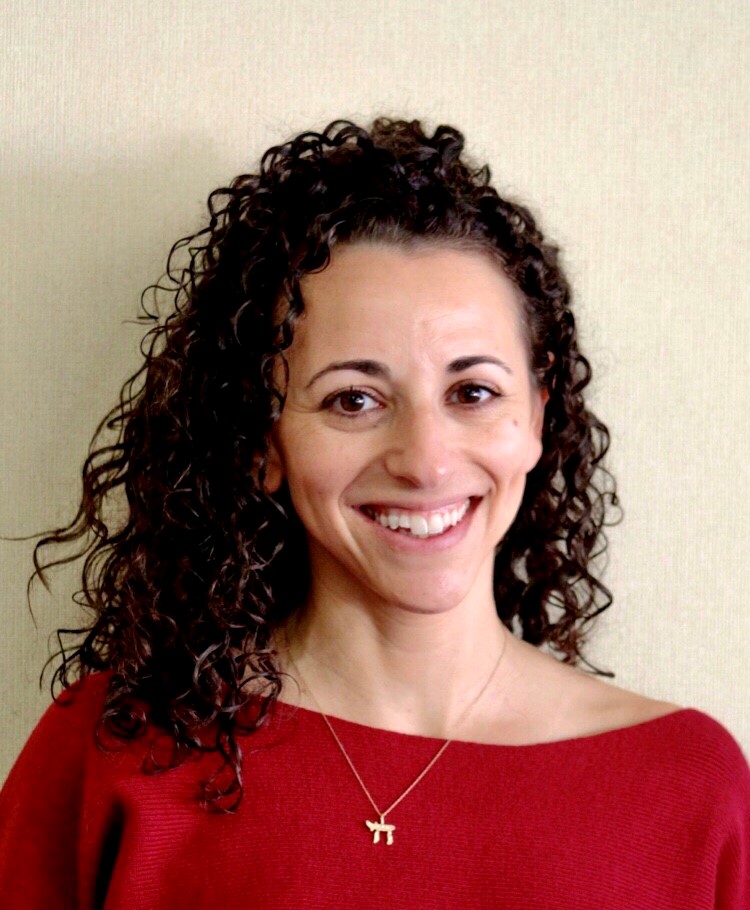
We like to think of camp as a home away from home with its own unique culture… a utopia where campers come to forget their worries and immerse themselves in camp life. This is often expressed through the saying, "We live 10 months for two!" We want every camper to experience this sense of joy and belonging … but we would be kidding ourselves and harming campers if we believed that this was every camper's experience, all the time. Pretending a community doesn't have the potential to cause harm extinguishes the potential for progress and ultimately does a disservice to all.
While camp is an oasis away from everyday life, it still exists in a world that has much work to do around harm prevention, particularly for Campers of Color, gender-diverse campers, campers with a variety of body sizes, and campers with disabilities. These identities are not rare and reflect the reality of modern Jewish life. Up to 20% of 18-29-year-olds identify as members of the LGBTQ+ community; that number is even higher under the age of 18. Jews of Color account for 15-20% of the North American Jewish population. Finally, at least 20% of North American Jews live with a disability.
When parents and guardians are choosing an immersive or camp experience for their child, it is imperative to ensure that staff of all levels can articulate the specific, targeted steps that the program takes to prevent and address harm.
What does harm prevention look like at camp? In addition to trainings around abuse prevention, youth protection, and boundaries with specialists like Rahel Bayar, URJ camps provide mental well-being classes with Dave Brown, invest in hours of training surrounding camp culture and psychological safety with Ta'amod, implement trauma informed practices at camp with Bamidbar, and give staff the tools to "courageously communicate" through our partnership with Resetting the Table. While all of this is quite comprehensive, the URJ also provides staff with Racial Equity, Diversity, and Inclusion ("REDI") training that focuses on affirming campers from underrepresented backgrounds.
First and foremost, REDI training is adaptable. We take care to normalize mistakes while promoting accountability. Because URJ camp and immersive teams already have robust overall REDI training, this year's training focused on racism, sizeism, ableism, transphobia, and microaggressions that often occur at camp. For instance, after learning what sizeism is and how it affects people, trainees are given examples of how it might show up at camp, what it might sound like, and ways staff members can respond. Facilitators acknowledge that while things will be different "on the ground," these trainings are designed to help participants practice interrupting, responding to, and preventing harm.
Because disruption and redirection skills are two of this training's desired outcomes, it also includes a substantial microaggression component which enables staff to practice responding to common statements and behaviors. Trainees practice addressing very real, common examples of ableism (including the exclusion that many campers who are neurodivergent might experience), sizeism (including the practice of clothes sharing at camp, which is not accessible to campers of all sizes), racism (Campers of Color may be othered through racial slurs or teasing about personal care practices), and gender-based discrimination (misgendering, transphobia, or pressure to fit heteronormative stereotypes).
URJ Camps empower staff with the tools to prevent, disrupt, and address racism, sizeism, ableism, transphobia, and other forms of harm. Every community wants to be a space of belonging, but that takes hard work and intentionality. No community is incapable of causing harm, but only communities that name and disrupt harm stand a chance of being a community of belonging.
URJ Camp Newman's Senior Assistant Director, Rachel Dubowe (she/her) found the REDI camp training "integral," as it not only elevates the values that we try to uphold through our camps' culture, but also emboldens staff members to, "be upstanders and recognize what they can do to create brave spaces for our campers."
Sarah Stein (she/they), URJ Crane Lake Camp's operations and marcomm assistant director, agreed: "The REDI camp training gives our staff a consistent understanding of our values and helps create a vibrant, safe camp community where everyone can feel a sense of comfort being their truest selves."
As we continuously work to create communities of belonging for all, we are mindful of the fact that this work is never ending; it will always need updating. As our understanding of communities of belonging evolves, so will our work. What will remain constant are our efforts to ensure our camps continue to be a home away from home for campers today and in the future.
Related Posts

Diversity, Equity, and Inclusion is a Human Right

Supporting Immigrants and Refugees in This Challenging Moment

